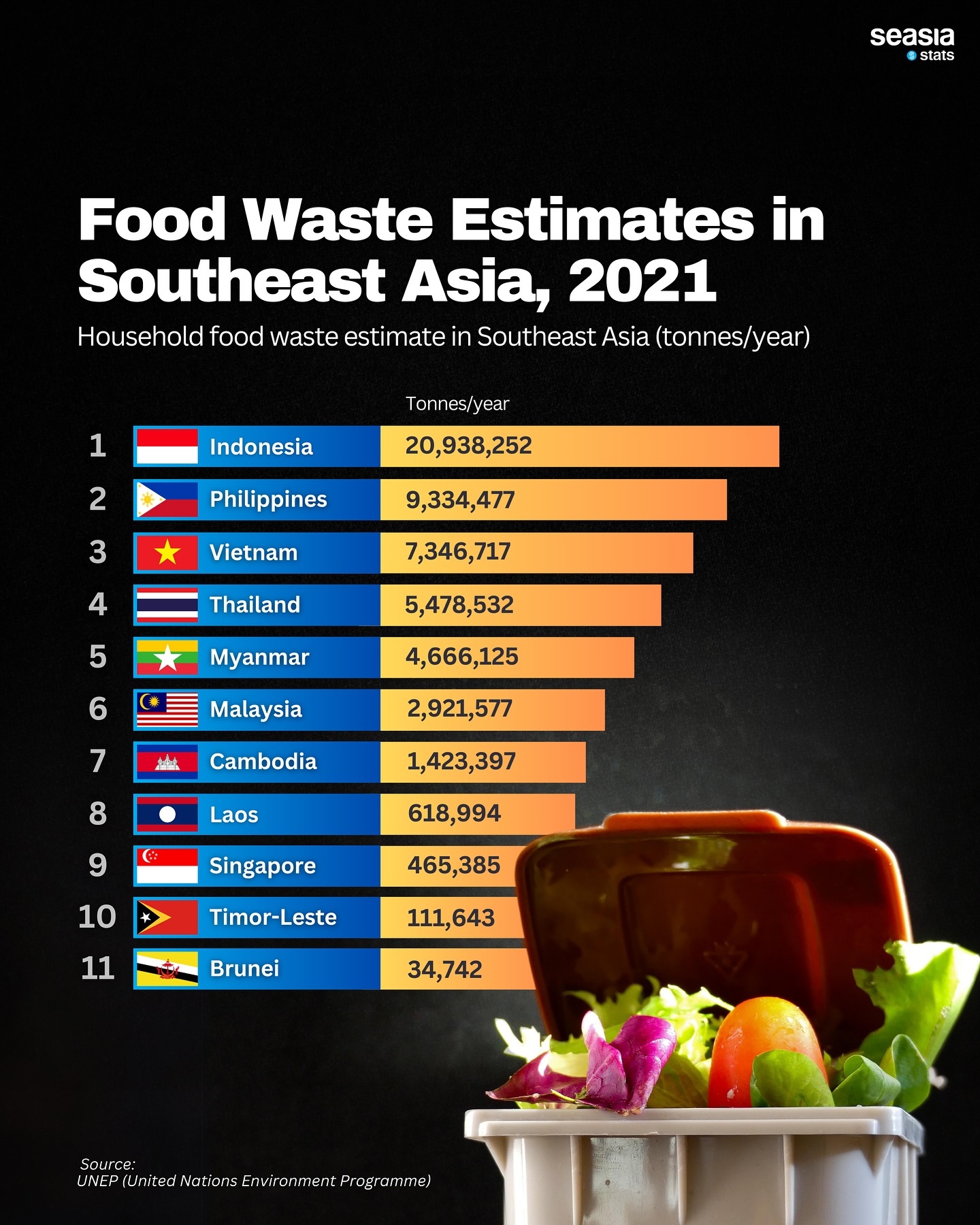It's alarming to note that Indonesia has taken the lead in household food waste production within Southeast Asia, as reported by the United Nations Environment Programme (UNEP) based on data from 2021. Indonesia's significant generation of 20.93 million tons of food waste annually underscores the magnitude of this issue in the region.
The scale of food waste in Indonesia highlights the urgent need for concerted efforts to address this pressing environmental and social concern. With such vast amounts of food being wasted, there are significant implications for food security, resource conservation, and environmental sustainability.
To effectively tackle this challenge, Indonesia must prioritize the implementation of comprehensive strategies aimed at reducing food waste at the household, community, and national levels. This could include initiatives such as raising awareness about food waste reduction, promoting sustainable consumption habits, improving food distribution systems, and implementing efficient waste management practices.
By taking proactive measures to address food waste, Indonesia can not only minimize its environmental impact but also contribute to building a more resilient and sustainable food system for the benefit of present and future generations.



















